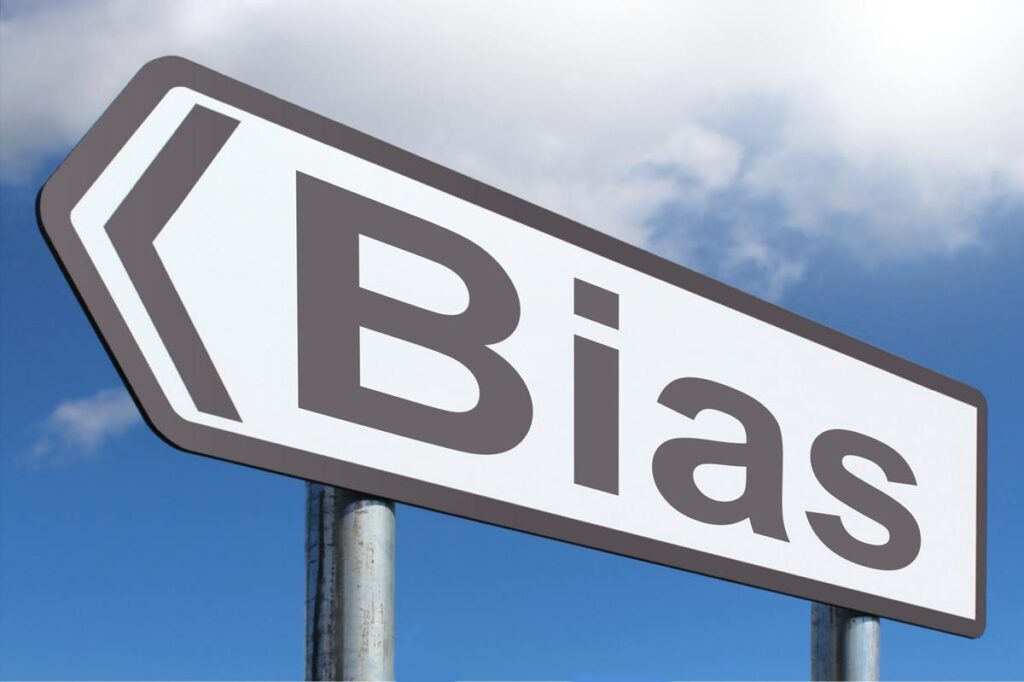Confirmation bias is the human tendency to look for and interpret information in a way that confirms our preexisting beliefs and assumptions. We look for evidence that supports what we already believe, while ignoring or dismissing information that contradicts our beliefs. This is problematic because it leads to flawed decision-making, distorted perceptions of reality, and reinforces stereotypes and prejudices.
Bias exists in us all. Our upbringing and the lessons we’re taught at a young age forms biases. We form biases through our life experiences, both good and bad. No matter how open-minded we are, bias is there under the surface. And if we seek only information that confirms those biases, we are missing the variety of other ways to view a situation or problem.
As we navigate the world, being able to open ourselves to different perspectives is critical. Different perspectives help us find meaningful solutions to problems, to better relate to our fellow humans, and to lead a more thoughtful and peaceful life. Confirmation bias eliminates our ability to see the world differently.
Follow these six tips to overcome confirmation bias:
- Seek diverse perspectives. Expose yourself to viewpoints that differ from your own. This could involve reading articles or books written by authors with different opinions than your own, or engaging in conversations with people who hold different beliefs.
- Question your assumptions. Challenge your own beliefs and assumptions by asking yourself questions like, “What evidence do I have to support this belief?” and “Could there be alternative explanations for this phenomenon?”
- Consider the source of information. Evaluate the credibility and expertise of the sources of information you’re considering. Are they reputable and reliable? Do they have a vested interest in the information they’re presenting?
- Look for evidence that contradicts your beliefs. Attempt to seek information that contradicts your beliefs. This can help you see things from a different perspective and to identify flaws in your own thinking.
- Practice critical thinking. Develop your critical thinking skills by analyzing information objectively, asking questions, and considering multiple perspectives. This can help you make more informed decisions and avoid the pitfalls of confirmation bias.
- Keep an open mind. We need to remember that our beliefs and opinions are fluid and can change. Be open to new information and be willing to revise your beliefs if the evidence warrants it.
Overcoming confirmation bias is difficult, but it’s an important skill to develop if you want to make sound decisions and have a more accurate understanding of the world around you. By being aware of your own biases, seeking diverse perspectives, questioning your assumptions, evaluating sources of information, looking for evidence that contradicts your beliefs, practicing critical thinking, and keeping an open mind, you can reduce the impact of confirmation bias on your thinking and decision-making.

